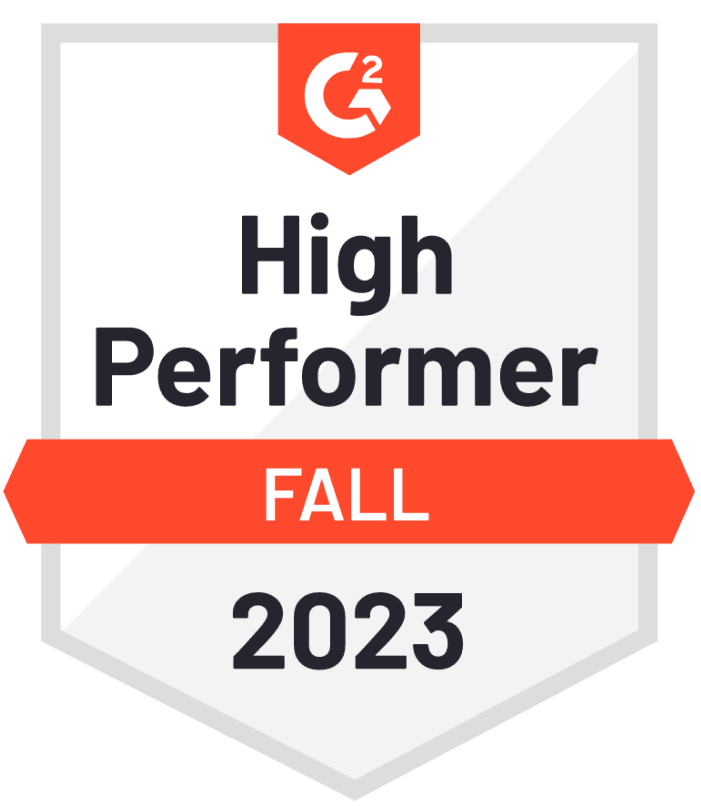Frequently Asked about Blockchain Developer
What are the requirements for working as a blockchain developer?
Although you won’t be asked to design a blockchain from the ground up, you must be capable of handling the responsibilities of blockchain development.
It is necessary to have a bachelor’s degree in computer science or information security.
What is the average time it takes to become a blockchain developer?
The length of blockchain developer training varies depending on the course and desired abilities.
Depending on the course, where it is taught, whether you pursue it full-time or part-time, and the level of training, it can take anywhere from 3 months to 3 years.
Is it difficult to become a blockchain developer?
Designed for those who are brand new to programming and development.
If you want to be a Blockchain developer but don’t have any relevant abilities or expertise to build a foundation on, the route will be a little more difficult for you and will demand more work and devotion.
Is it possible to work as a blockchain developer without a degree?
If you participate in coding boot camps or online programs, you may become a blockchain developer without a degree.
They also provide the skills and information needed to begin working as a blockchain engineer.







